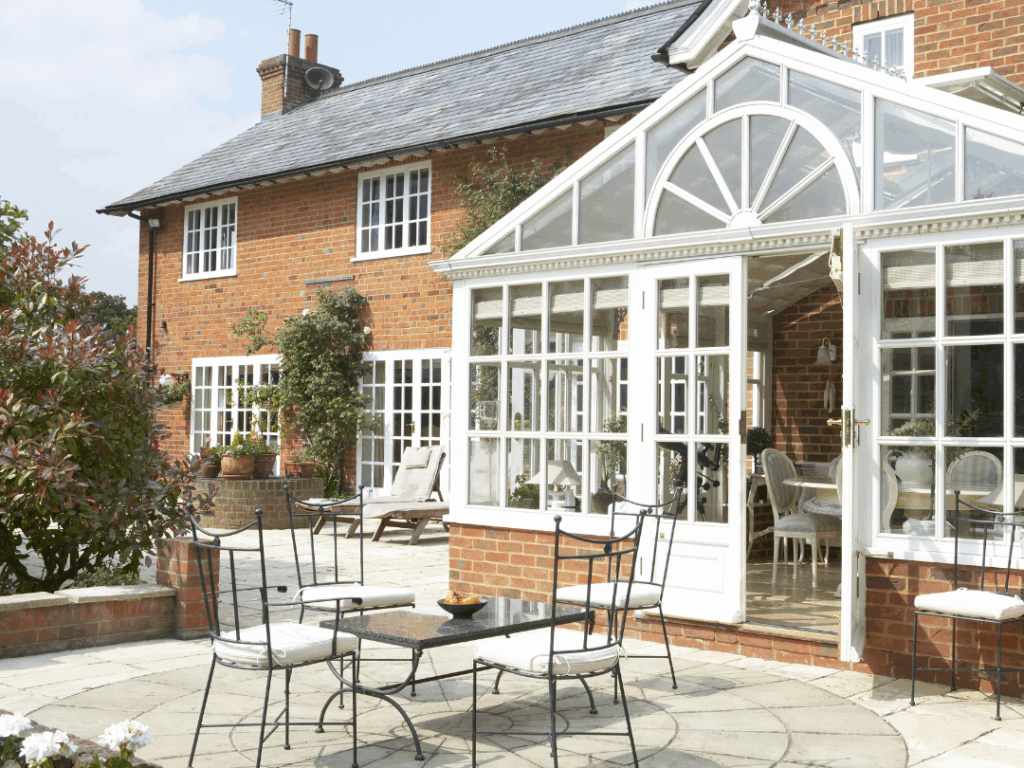How Much Do House Extensions Cost UK
How about adding more space to your home? You’re not alone. Many homeowners are exploring extensions to enhance their living space without the hassle of moving. But the big question remains: how much do house extensions cost UK residents in 2025? Let’s delve into the details.

The Rising Popularity of House Extensions
With the housing market’s unpredictability and the desire for more personalised living spaces, house extensions have become an attractive option. They offer the flexibility to tailor your home to your needs, whether a larger kitchen, an extra bedroom, or a home office.
Understanding the Costs Involved
Embarking on an extension project requires a clear understanding of the potential costs. Several factors can influence the final price tag, from the extension type to the materials used.
Average House Extension Costs
Cost Per Square Metre
In 2025, the UK’s average house extension cost per square metre will range between £1,800 and £3,000. This variation depends on factors like location, complexity, and quality of finishes.
Factors Influencing Costs
Several elements can impact the overall cost:
- Size and Complexity: Larger and more intricate designs naturally cost more.
- Location: Prices tend to be higher in London and the South East.
- Materials: Premium materials will increase costs.
- Labour: Skilled labour comes at a premium, especially in high-demand areas.
Types of House Extensions and Their Costs
Single Storey Extensions
These are among the most common extensions, often added to the rear or side of a property. A semi-detached house extension, for instance, usually involves rear-facing development to avoid encroaching on neighbouring boundaries. These types of extensions are especially popular in suburban UK areas.
Double Storey Extensions
Adding two floors can be more cost-effective per square metre, with prices ranging from £1,500 to £2,500 per square metre.
Wraparound Extensions
Combining side and rear extensions, wraparound designs offer substantial space but come with higher costs, often between £2,500 and £3,500 per square metre.
Basement Extensions
These are among the most expensive, ranging from £4,000 to £5,500 per square metre, due to excavation and waterproofing requirements.
Loft Conversions
Depending on the complexity and design, transforming a loft space can cost between £1,500 and £2,500 per square metre.
Additional Costs to Consider
Planning Permission
Not all extensions require planning permission, but fees can range from £200 to £500 when they do. It’s essential to check local regulations.
Building Regulations
Compliance with building regulations is mandatory, ensuring safety and structural integrity. Inspection fees can add several hundred pounds to your budget.
Party Wall Agreements
If your extension affects a shared wall, a party wall agreement is necessary, potentially costing between £700 and £1,000.
House Extension Drawings
Professional architectural drawings are crucial for planning and construction. The cost of house extension drawings can vary depending on the project’s complexity, typically ranging from £1,000 to £3,000. These drawings are essential for securing planning permission and ensuring compliance with building regulations. In addition to the construction costs, don’t forget to factor in planning permission, architectural drawings, and potential costs for any structural adjustments to the existing house.
Labour and Material Costs
Labour costs vary by region and expertise, while material prices fluctuate based on quality and availability. Both can significantly impact the final cost.
Regional Variations in Extension Costs
London and the South East
Due to higher living costs and demand, extension prices in London and the South East are typically 10-20% higher than the national average.
Other UK Regions
In regions like the North West or Wales, costs are generally lower, offering more affordable extension options.
Cost-Saving Tips
Early Planning and Budgeting
Start with a clear plan and budget. Factor in all potential costs and include a contingency fund for unexpected expenses.
Choosing Cost-Effective Materials
Opt for materials that offer a balance between quality and affordability. Sometimes, mid-range options provide the best value.
Hiring Reputable Contractors
Engage experienced professionals with proven track records. While they might charge more upfront, their expertise can prevent costly mistakes down the line.
Conclusion
Understanding how much house extensions cost UK homeowners is crucial for planning a successful project. By considering the type of extension, regional cost variations, and potential additional expenses, you can make informed decisions that align with your budget and goals.
FAQs
The average cost ranges between £1,800 and £3,000 per square metre, depending on factors like location and complexity.
It depends on the size and scope of the extension. Some projects fall under permitted development rights, while others require formal permission.
Timelines vary, but most extensions take 3 to 6 months, factoring in planning, approvals, and construction.
Yes, a well-executed extension can increase your property’s value by up to 20%, depending on the type and quality of the addition.
Common issues include underestimating costs, not securing necessary permissions, and hiring inexperienced contractors. Proper planning and professional advice can mitigate these risks.
Phone: 020 7183 1053
Address: 95 Mortimer Street, London, England, W1W 7GB
Email: info@redlinebuilding.co.uk
Services Areas
Builders Fulham | Builders Chelsea | Builders Kensington | Builders Putney | Builders Queens Park
Builders Chiswick | Builders Hampstead | Builders North London | Builders Wimbledon
Builders Islington | Builders Barnes | Builders Notting Hill | Builders Wandsworth
Builders Hammersmith | Builders Camden | Builders West London
Further Useful Reading
From Blueprint to Reality: How Custom Home Builders Craft Your Perfect Home
Cat A Fit Out vs Cat B Fit Out: Key Differences & Why They Matter
